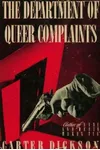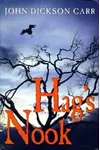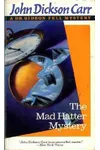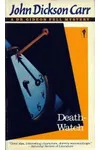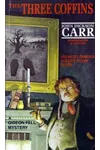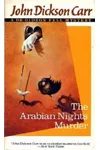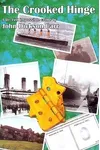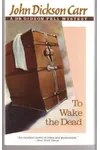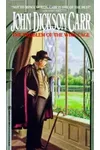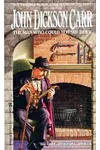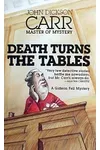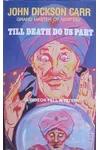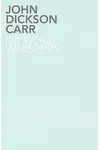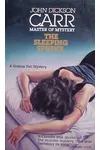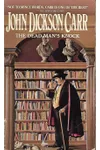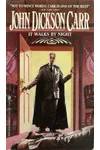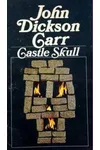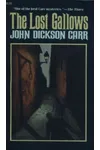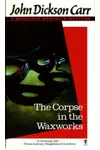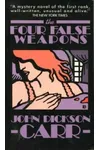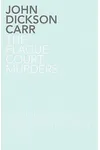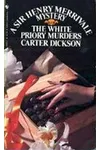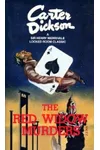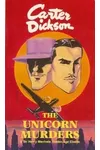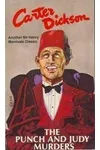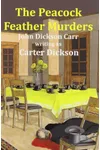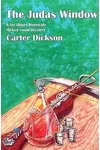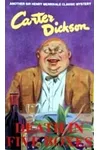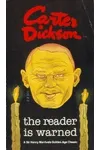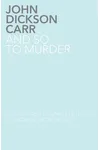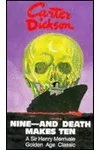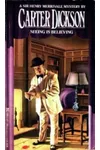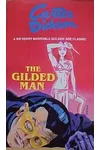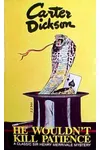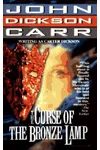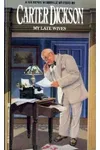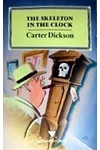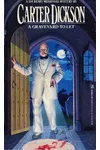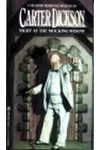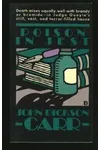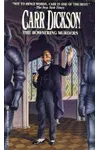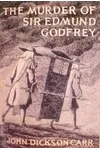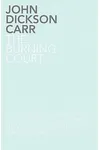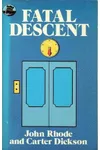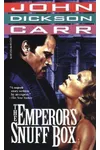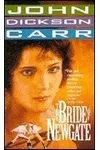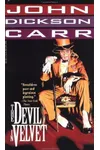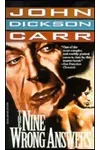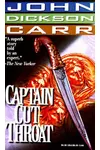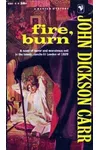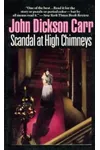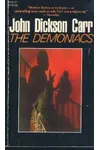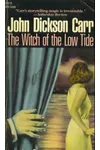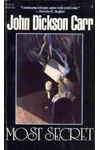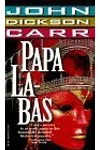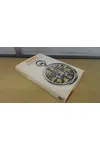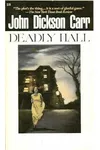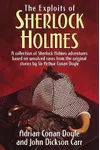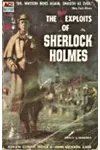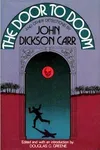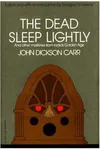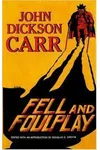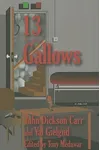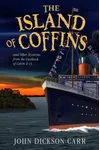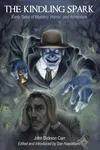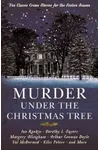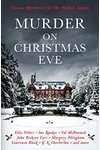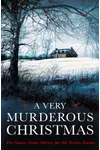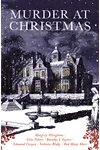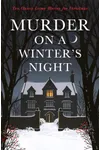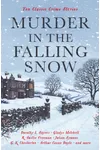Picture an American storyteller who spun crimes so baffling they seemed impossible—meet John Dickson Carr! Born in 1906, Carr became the unrivaled master of the locked room mystery, crafting puzzles that kept readers guessing until the final page. His novel The Hollow Man is a genre-defining classic, cementing his legacy in Golden Age detective fiction.
With a career spanning over four decades, Carr’s intricate plots and atmospheric storytelling earned him two special Edgar Awards from the Mystery Writers of America. Let’s dive into the life and legacy of this mystery maestro!
The Making of John Dickson Carr
John Dickson Carr was born on November 30, 1906, in Uniontown, Pennsylvania, to a family steeped in storytelling and politics—his father was a congressman with a flair for oratory. Young Carr devoured Sherlock Holmes tales and developed a love for puzzles, which shaped his future craft. After studying at Haverford College, he moved to Paris in the 1920s, where he began writing mysteries under the pen name Carter Dickson. His early works, like It Walks by Night (1930), introduced his knack for blending gothic atmosphere with airtight logic.
John Dickson Carr’s Unforgettable Stories
Carr’s genius lay in his ability to craft locked room mysteries—crimes committed in seemingly impossible circumstances, like a murder in a sealed room. His 1935 novel The Hollow Man (also published as The Three Coffins) is often hailed as the greatest locked room mystery ever written, featuring a lecture on the genre’s techniques that’s still studied today. The book’s detective, Dr. Gideon Fell, is a larger-than-life figure inspired by G.K. Chesterton, solving cases with wit and wisdom.
Other standout works include The Burning Court (1937), which weaves supernatural elements into a chilling puzzle, and The Crooked Hinge (1938), a masterclass in misdirection. Carr also wrote as Carter Dickson, creating the boisterous Sir Henry Merrivale in books like The Plague Court Murders (1934). His style blended meticulous plotting with a playful tone, making his stories both thrilling and accessible.
Whether set in foggy London or eerie country estates, Carr’s novels evoke a sense of wonder and suspense. His ability to balance complex mechanics with engaging characters made him a favorite among mystery fans and writers alike.
Why John Dickson Carr Matters
John Dickson Carr didn’t just write mysteries—he redefined them. His locked room puzzles influenced countless authors, from Agatha Christie to modern crime writers. By blending logic with imagination, he elevated detective fiction to an art form. His work remains a touchstone for the genre, with The Hollow Man frequently cited in “best mystery” lists. Carr’s ability to entertain while challenging readers’ intellect ensures his stories endure.
Beyond his novels, Carr’s radio plays, like those for the BBC’s Suspense series, brought his clever plotting to new audiences. His two Edgar Awards reflect his peers’ admiration, and his legacy lives on in every impossible crime story that captivates readers today.
About John Dickson Carr
- Born: November 30, 1906, Uniontown, Pennsylvania
- Key Works: The Hollow Man, The Burning Court, The Crooked Hinge
- Awards: Two special Edgar Awards from the Mystery Writers of America
- Pen Name: Carter Dickson
Ready to unravel a mind-bending mystery? Snag The Hollow Man and dive into John Dickson Carr’s world of impossible crimes!
